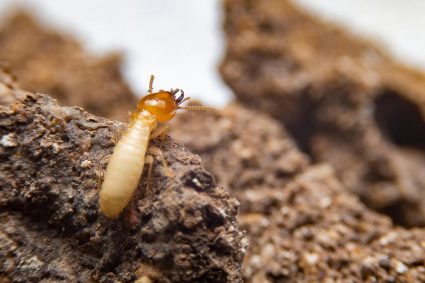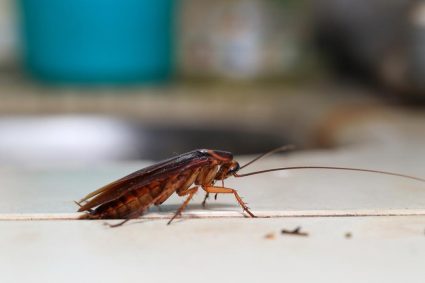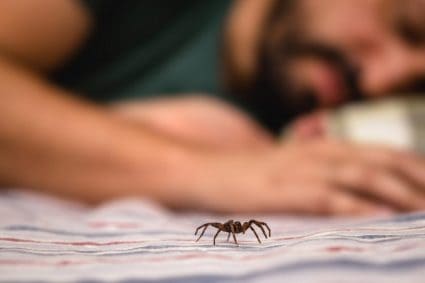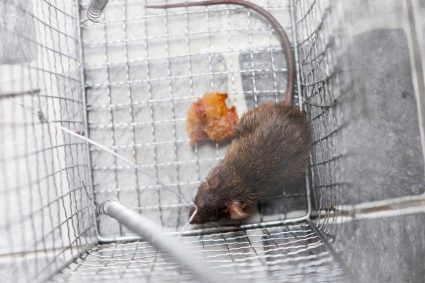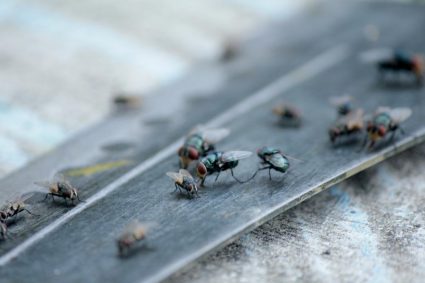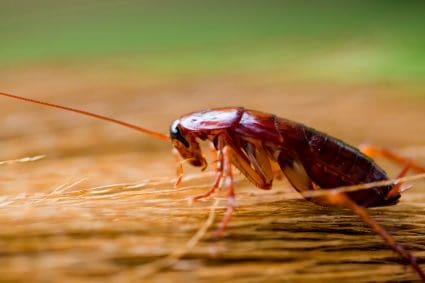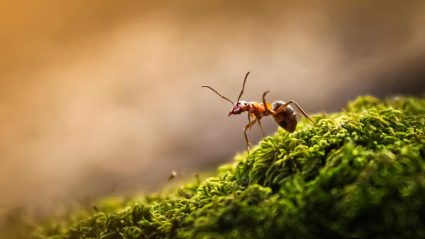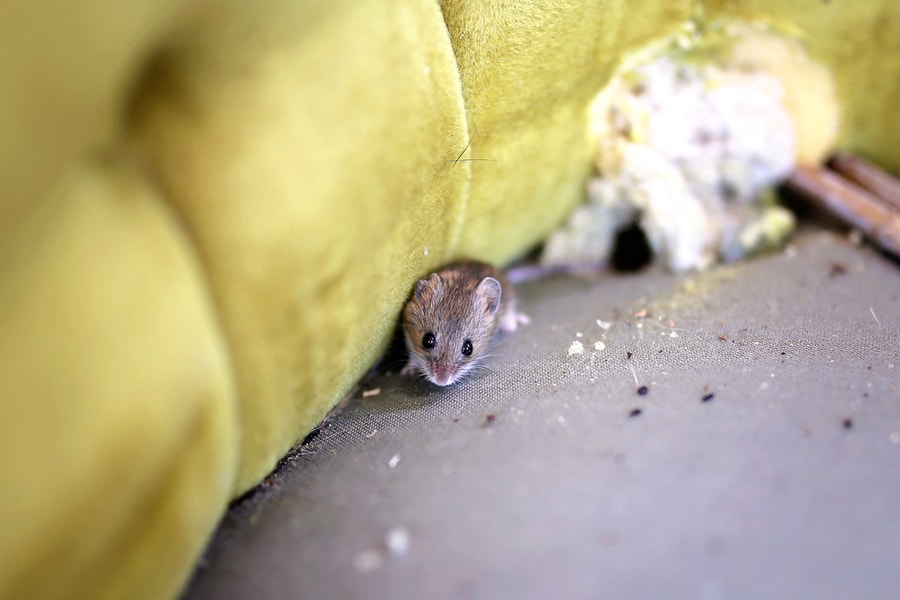
Though mouse droppings may appear to be harmless little pellets, it poses a significant amount of danger.
They pose a risk due to the presence of disease-causing bacteria or viruses related to everything from mild respiratory issues like asthma to fatal ones like Hantavirus pulmonary syndrome (HPS).
These diseases can impact not only people but also the animals under our care, leading to the spread of Salmonella in cats, for instance, if consumed.
So if you suspect a mouse infesting your house, you should take some management methods to ensure that you and your family don’t risk being exposed to the dangers that mouse droppings pose.
Mouse droppings can be dangerous if not dealt with properly because of the many harmful bacteria and fungi they harbor.
It’s crucial to be aware of the dangers associated with mouse droppings, even though mice aren’t all evil (they can have benefits, such as eating pests and controlling insects in crops).
The dangers of mouse droppings include:
- Transmission of Disease.
- Allergens.
- Toxins.
- Structural Damage.
- Parasites.
We have already established that mouse droppings are dangerous if you don’t get rid of them. This article will discuss some of the dangers of mouse droppings.
Dangers of Mouse Droppings
Mice can be cute, but their droppings can wreck your house. The waste left behind by mice is an annoyance and a potential health hazard. The good news is that you may avoid disaster by learning about the risks posed by mouse droppings and taking the necessary precautions.
The following are some dangers of mouse droppings to be aware of:
1. Transmission of Disease
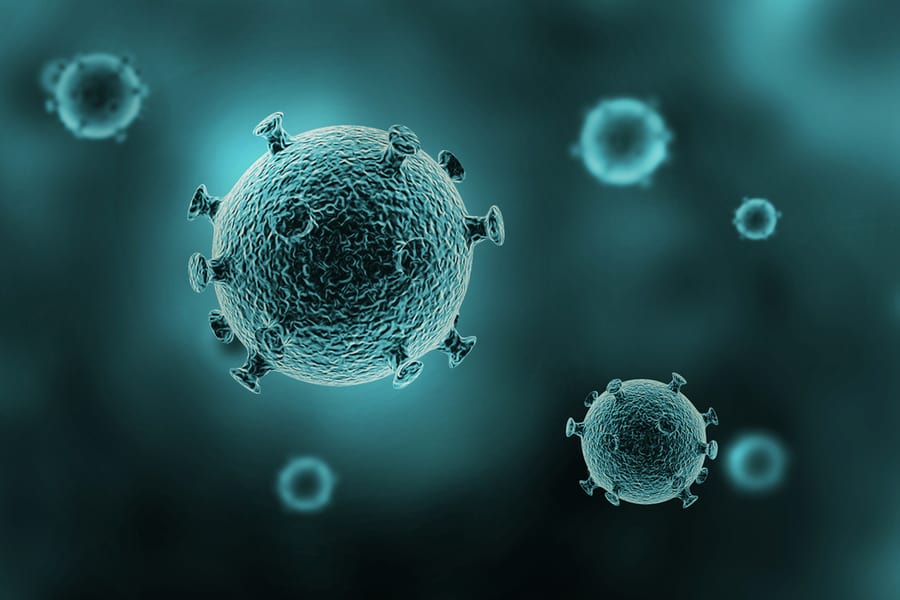
Many different types of bacteria and viruses can be found in mouse droppings. These bacteria and viruses are responsible for the spread of diseases such as salmonellosis, hantavirus pulmonary syndrome (HPS), leptospirosis, and lymphocytic choriomeningitis virus (LCMV), amongst others.
It is possible to contract one of these diseases by coming into direct touch with mouse droppings or breathing in particles that have dried from the droppings. When cleaning up mouse droppings, it is essential to use protective clothing to prevent exposure to the infections that may be present.
2. Allergens

Allergens are a type of protein that can be discovered in the urine and saliva of mice, in addition to their excrement. Mice create allergens.
In people allergic to mice or who have asthma that is sensitive to their allergens, these proteins, when they become airborne, can cause allergic reactions such as sneezing, coughing, wheezing, watery eyes, or skin rashes.
These symptoms can also occur in people sensitive to dust mite allergens. In other words, exposure to mouse allergens such as saliva, dander, and urine has been linked to an increased risk of asthma attacks in children with allergies or conditions.
This risk increases when many mice are in the home environment due to the higher allergen exposure associated with them being present for extended periods.
3. Toxins

The toxins in mouse urine contaminate food sources if the area is not thoroughly cleaned up after an infestation of mice has occurred.
Ingestion of contaminated food by humans may result in food poisoning or other forms of illness due to the contamination.
4. Parasites
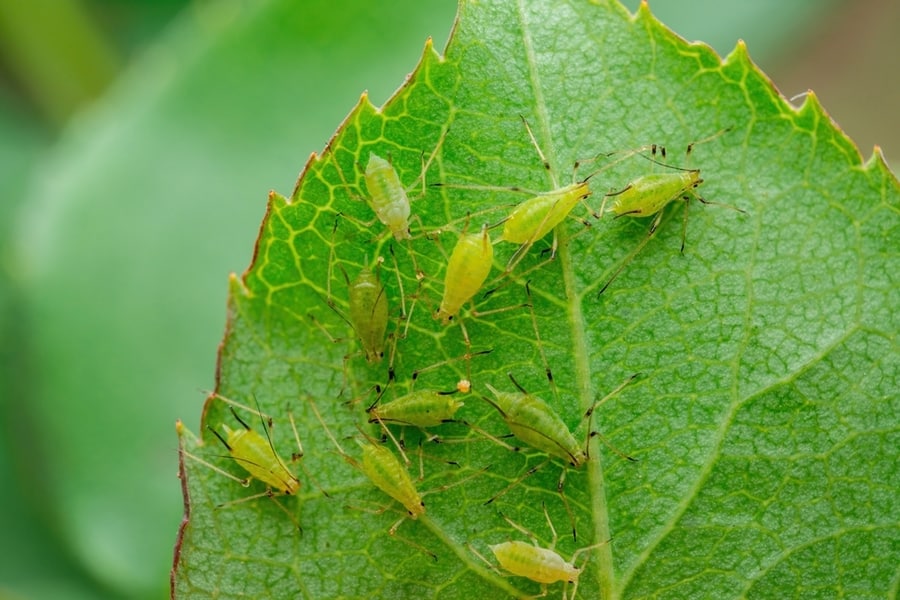
Mice droppings naturally attract parasites such as fleas, ticks, mites, lice, roundworms, and tapeworms, which can subsequently be passed on to surfaces where people touch them, potentially resulting in an infection.
5. Structural Damage
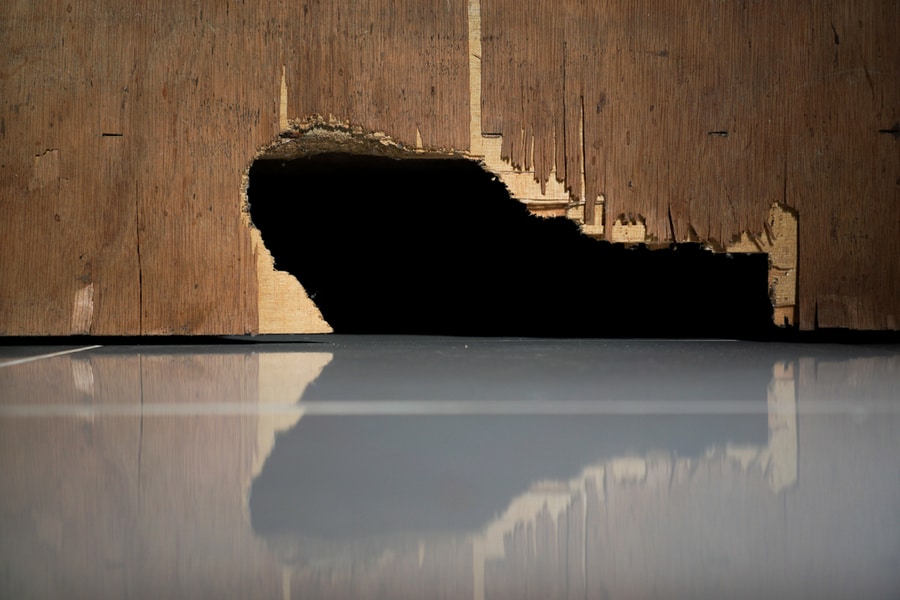
Many homeowners who have dealt with a mouse infestation have reported that the mice’s urine and feces have caused significant damage to their homes.
Mice droppings can deteriorate wood, so make sure they don’t accumulate in your cupboards.
Conclusion
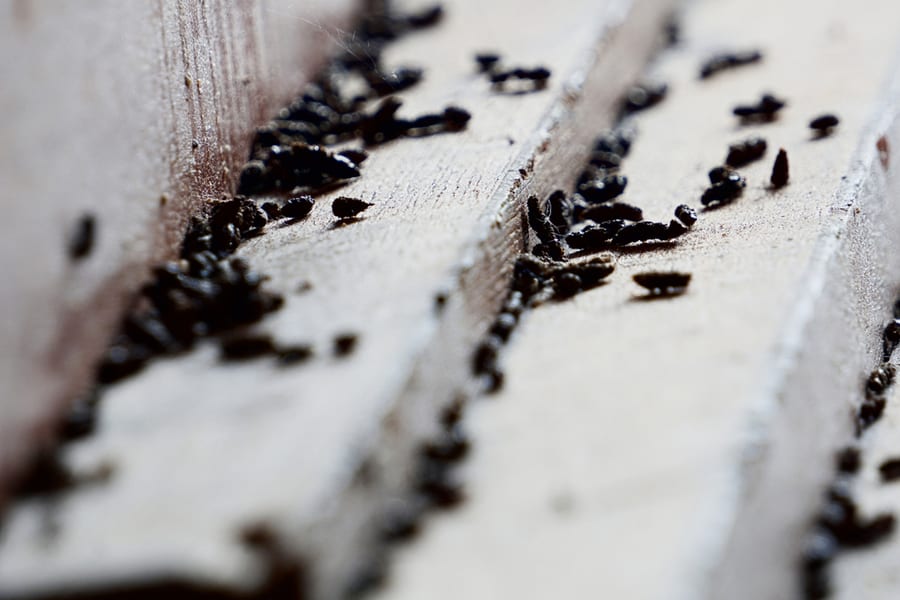
It is essential that homeowners who have even the slightest suspicion that they may have some mouse infestation take prompt action before the situation spirals out of control.
It is necessary to clean up mouse droppings as soon as possible while taking the appropriate precautions to avoid getting sick from the disease-causing organisms found in mouse droppings.
Do not delay in getting professional assistance if you have any reason to believe that you may be the victim of an infestation.
Frequently Asked Questions
How Long Does the Risk Posed by Mouse Dropping Last?
Many viruses can remain infectious in the droppings of a mouse for two to three days when the temperature is room temperature. This period might be shortened by exposure to the sun, but it could be lengthened by exposure to colder temperatures.
In the droppings of a mouse, bacteria such as Salmonella can continue to exist for many more days or weeks.
How Long Does It Take for Someone To Become Ill After Being Exposed to Mouse Droppings?
The “incubation time” cannot be determined with absolute certainty because there have been so few cases of HPS. On the other hand, symptoms may appear anywhere from one to eight weeks following exposure to fresh urine, saliva, or droppings of infected mice.
However, there is still no scientific data that precisely states how long it takes to get sick from mouse droppings.
How Do You Clean Up After Mouse Droppings?
It is essential to clean and disinfect any surfaces contaminated by mouse droppings properly.
Using a mixture of bleach and water or a commercial disinfectant in one part bleach to nine parts water, wet the droppings and nesting materials, and then let them soak for at least seven minutes.
If you are using a commercial sanitizer, make sure to dilute it properly and use it for the recommended amount of time and any other safety precautions the manufacturer specifies on the package.

